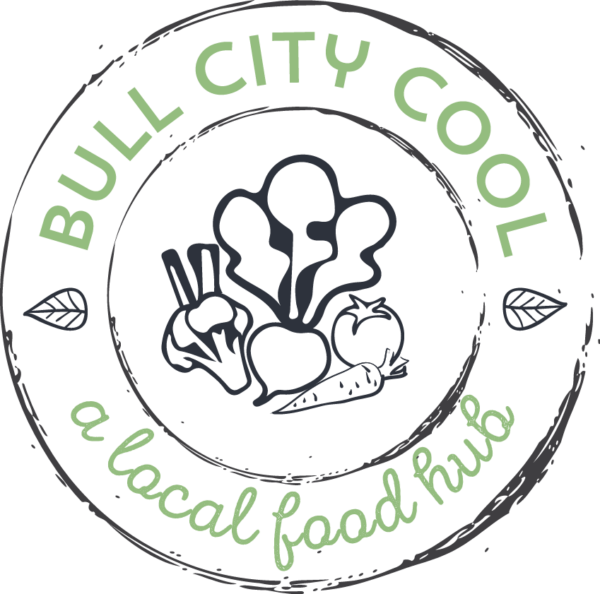May 11, 2017 | BY ZACHERY EANES
DURHAM – For most local flower growers, there are only two ways to sell your goods: at farmers markets or directly to florists.
But for some, those farmers markets aren’t what they used to be and and most florists buy imported flowers from large distributors.
“(The Triangle) has always been a very supporting community in terms of local foods – but numbers at the local farmers markets have been going down,” said Kelly Morrison of Color Fields Farm in Hillsborough.
Morrison and a group of local farmers think they have found a solution to those limited options.

Earlier this year, a group banded together to create their own market called Piedmont Wholesale Flowers. The wholesale market, which celebrated its grand opening on Thursday, brings farmers and registered buyers together with the hope that having a central location and pooled resources will increase sales.
Located inside the Bull City Cool food hub at 902 N. Mangum St., the market is inspired by a similar operation in Seattle. While farmers filled the the food hub’s warehouse with multi-colored peonies and larkspurs, Morrison said she hopes the idea can be replicated in a town with a smaller population.
“There is a lot of money circulating in the wedding industry and a there are a lot of local flower shops,” she said. “We’re trying to divert some of that money back to local growers.”
Piedmont Wholesale Flowers operates every Thursday from 8 a.m. to 10 a.m. and will stay open until the first frost, probably in October. You have to register with the market as a buyer to purchase flowers – most customers are either florists or designers.
The market launched in March with help of a $10,000 grant from Rural Advancement Foundation International (RAFI), a Pittsboro-based organization that helps local farmers have better access to tools that encourage sustainability.
The organization gave Piedmont Wholesale Flowers the grant because of the way it pooled the resources of multiple farmers.
“If this was just one farmer with one table here, it wouldn’t be as lucrative a product,” said Ben Paynter, a project manager at RAFI. “(The wholesale market) makes you more competitive in terms of volume.”
Maggie Smith, owner of Pine State Flowers in Durham, has already become a regular customer of the market since it opened in March. Her shop in the Lakewood neighborhood only uses locally-grown flowers.
She said the market makes purchasing local flowers more convenient.
“I like coming to the wholesale market because it is convenient to have them all in one space,” she said. “Local flowers are fresher, they smell better and they are organic, and I find with field-grown flowers that the colors are more beautiful – they are more natural.”
Another issue the market tackles is volume and unpredictability. Florists often purchase imported flowers because there is usually no concern about certain flowers being out of season or not having enough of one type. Small growers can’t often ensure those same demands.
At the wholesale market, however, the presence of multiple farmers should help that dilemma as farmers can quickly collaborate on large orders.
“There is a lot of collaboration between farmers,” said Matt Clayton of Wild Scallions Farms in Timberlake. “If we can’t fulfill an order, we will contact another farmer. It is great for customers to come and know that there is plenty of product, see the blooms and mix and match between different farms. We all specialize in different things.”
But, perhaps more importantly for the farmers, the market aims to spread awareness of the impact of locally-grown markets. Clayton said beyond boosting the local economy, purchasing local flowers also cuts down on emissions from importing flowers from other countries.
“It’s a growing market,” Clayton said, noting it’s still too early to see how successful it will be. “But it’s promising.”
Zachery Eanes: 919-419-6684, @zeanes




This is a cool article because it highlights local entrepreneurs taking action and finding away around a problem to make things better. I had assumed the flowers that were being sold in farmers markets were locally sourced. I didn’t know many were imported from large distributors.
I’ll have to check out Piedmont Wholesale Flowers.
Gary, thanks for taking the time to read about Piedmont Wholesale Flowers! A note of clarification, local farmers DO sell their flowers at local farmers markets. It’s one of the venues they have available to them; the other is sales to florists. It’s most florists who buy imported flowers from large distributors, rather than sourcing their flowers from local farmers.